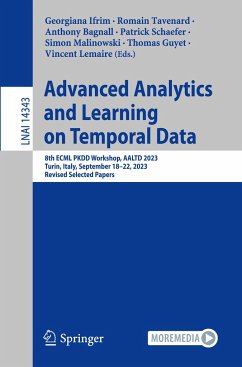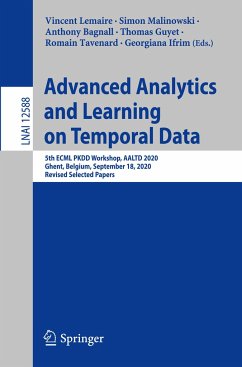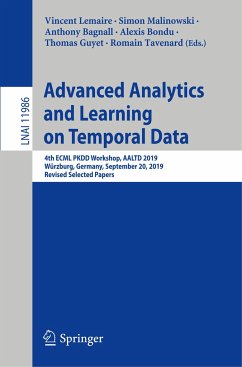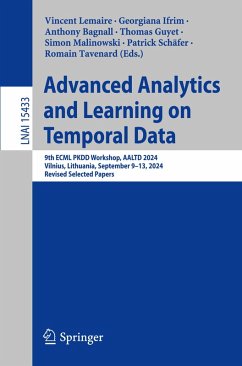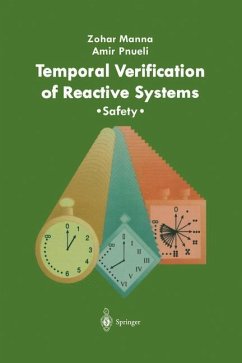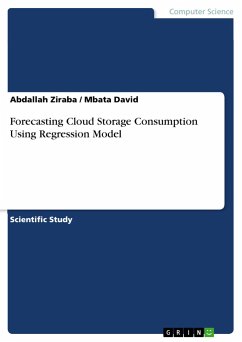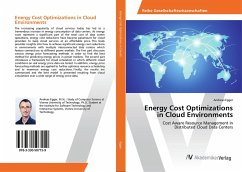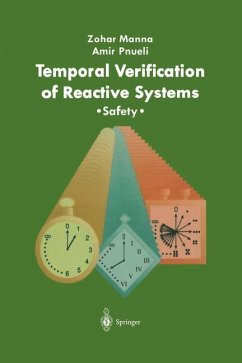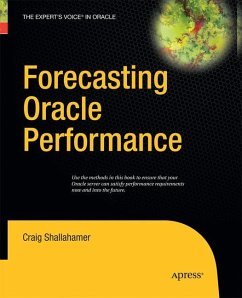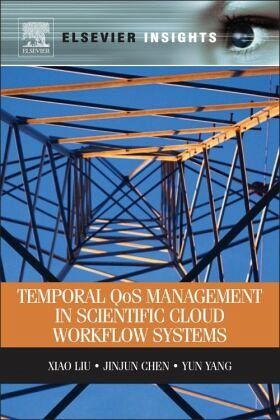
Temporal QOS Management in Scientific Cloud Workflow Systems

PAYBACK Punkte
17 °P sammeln!
Cloud computing can provide virtually unlimited scalable high performance computing resources. Cloud workflows often underlie many large scale data/computation intensive e-science applications such as earthquake modelling, weather forecasting and astrophysics. During application modelling, these sophisticated processes are redesigned as cloud workflows, and at runtime, the models are executed by employing the supercomputing and data sharing ability of the underlying cloud computing infrastructures. Temporal QOS Management in Scientific Cloud Workflow Systems focuses on real world scientific ap...
Cloud computing can provide virtually unlimited scalable high performance computing resources. Cloud workflows often underlie many large scale data/computation intensive e-science applications such as earthquake modelling, weather forecasting and astrophysics. During application modelling, these sophisticated processes are redesigned as cloud workflows, and at runtime, the models are executed by employing the supercomputing and data sharing ability of the underlying cloud computing infrastructures. Temporal QOS Management in Scientific Cloud Workflow Systems focuses on real world scientific applications which often must be completed by satisfying a set of temporal constraints such as milestones and deadlines. Meanwhile, activity duration, as a measurement of system performance, often needs to be monitored and controlled. This book demonstrates how to guarantee on-time completion of most, if not all, workflow applications. Offering a comprehensive framework to support the lifecycle of time-constrained workflow applications, this book will enhance the overall performance and usability of scientific cloud workflow systems.




